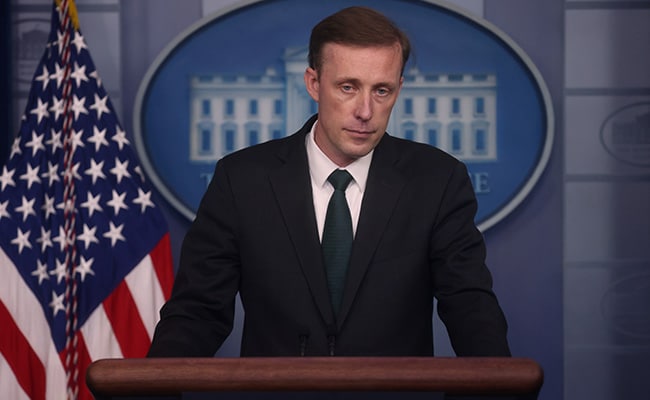G20 leaders recognised the critical role of private enterprises in accelerating growth (File)
New Delhi:
Concerned over cascading crises and challenges facing the global economy, the G20 leaders on Saturday underlined the need for well-calibrated monetary, fiscal, financial, and structural policies to promote growth, reduce inequalities, and maintain macroeconomic and financial stability.
The G20 leaders want the central banks to remain strongly committed to achieving price stability in line with their respective mandates.
“They (central banks) will ensure that inflation expectations remain well anchored and will clearly communicate policy stances to help limit negative cross-country spillovers. Central bank independence is crucial to maintaining policy credibility,” said the New Delhi Declaration adopted by the G20 leaders.
The New Delhi Declaration adopted at the Summit of leaders of the world’s top 20 economies held under India’s presidency noted that cascading crises have posed challenges to long-term growth. Facing an uneven recovery and cognizant of the need to boost long-term growth, we will implement well-calibrated macroeconomic and structural policies.
“We will protect the vulnerable, through promoting equitable growth and enhancing macroeconomic and financial stability. Such an approach will help resolve the cost-of-living crisis and unlock strong, sustainable, balanced, and inclusive growth,” the Declaration said.
Global economic growth is below its long-run average and remains uneven. The uncertainty around the outlook remains high. With notable tightening in global financial conditions, which could worsen debt vulnerabilities, persistent inflation, and geoeconomic tensions, the balance of risks remains tilted to the downside, it added.
“We, therefore, reiterate the need for well-calibrated monetary, fiscal, financial, and structural policies to promote growth, reduce inequalities and maintain macroeconomic and financial stability. We will continue to enhance macro policy cooperation and support the progress towards the 2030 Agenda for Sustainable Development.
“We reaffirm that achieving strong, sustainable, balanced, and inclusive growth (SSBIG) will require policymakers to stay agile and flexible in their policy response, as evidenced during the recent banking turbulence in a few advanced economies where expeditious action by relevant authorities helped to maintain financial stability and manage spillovers,” the leaders said.
The G20 also welcomed the initial steps taken by the Financial Stability Board (FSB), standard-setting bodies (SSBs), and certain jurisdictions to examine what lessons can be learned from this recent banking turbulence and encourage them to advance their ongoing work.
The leaders emphasised that they would use macroprudential policies, where required, to safeguard against downside risks.
The Declaration said: “Central banks remain strongly committed to achieving price stability in line with their respective mandates. They will ensure that inflation expectations remain well anchored and will clearly communicate policy stances to help limit negative cross-country spillovers”.
The declaration also stressed that central bank independence is crucial to maintaining policy credibility.
“We will prioritise temporary and targeted fiscal measures to protect the poor and the most vulnerable while maintaining medium-term fiscal sustainability. Ensuring the overall coherence of the monetary and fiscal stances remains important,” it noted.
The G20 Declaration recognised the importance of supply-side policies, especially policies that increase labour supply and enhance productivity to boost growth and alleviate price pressures.
“We reaffirm the April 2021 exchange rate commitment made by our Finance Ministers and Central Bank Governors,” it said.
The leaders also recognised the critical role of private enterprises in accelerating growth and driving sustainable economic transformations.
To this end, they resolved to work with the private sector to create inclusive, sustainable, and resilient global value chains, and support developing countries to move up the value chain and facilitate investments, including foreign direct investments (FDIs) towards sustainable business models.
They also resolved to work with the private sector to devise pipelines of investible projects in developing countries by leveraging the expertise of MDBs (multilateral development banks) to mobilise investments and promote ease and reduce the cost of doing business.
The declaration also recognised that startups and MSMEs are natural engines of growth.
(Except for the headline, this story has not been edited by NDTV staff and is published from a syndicated feed.)


















